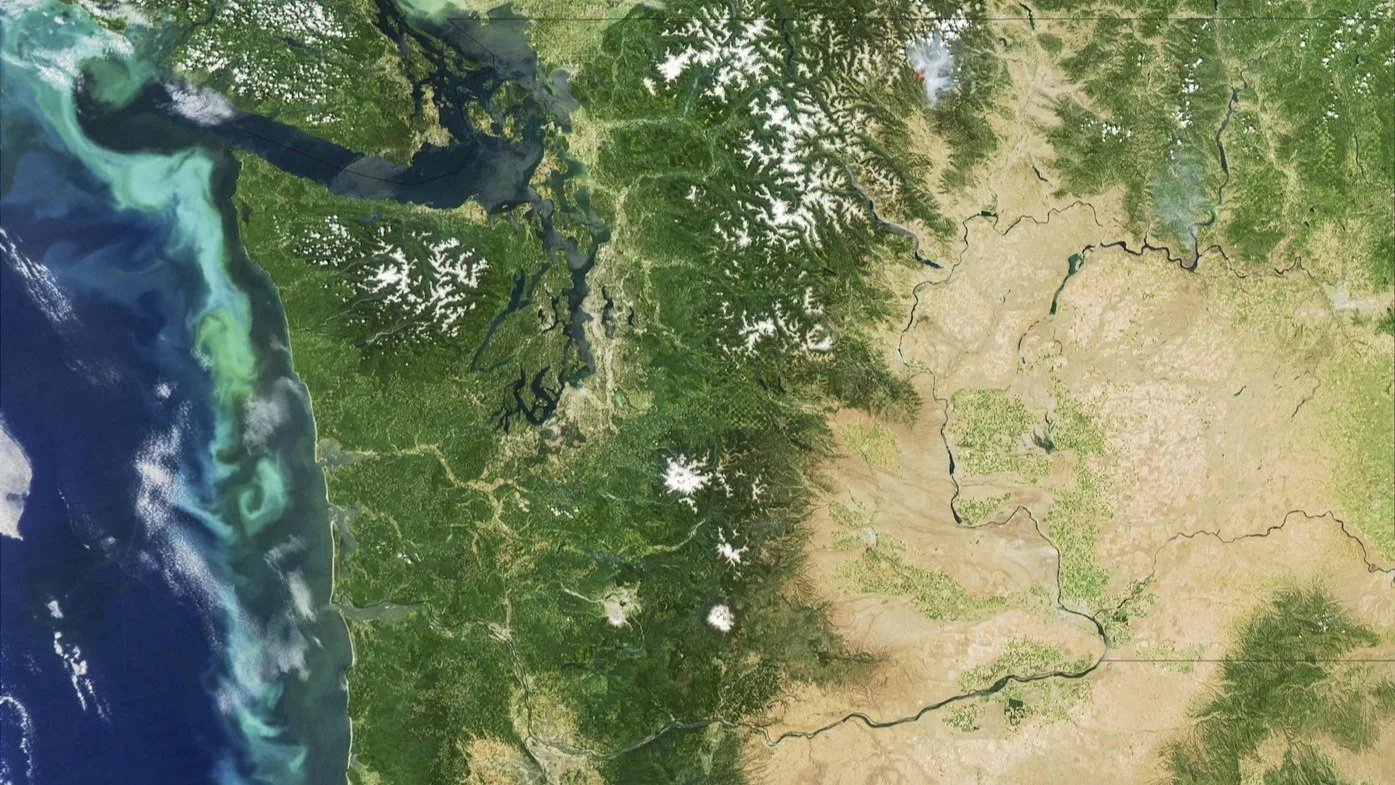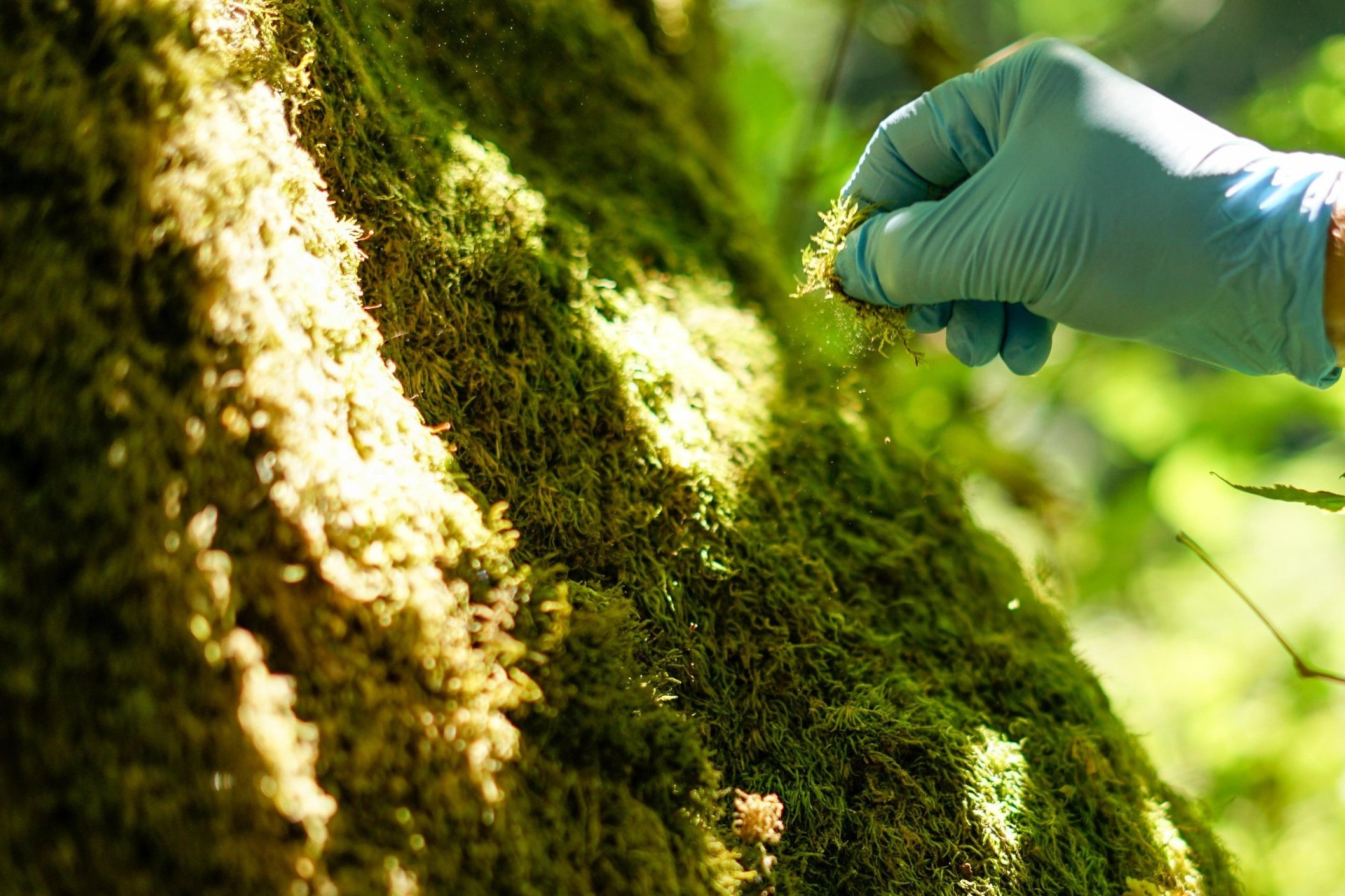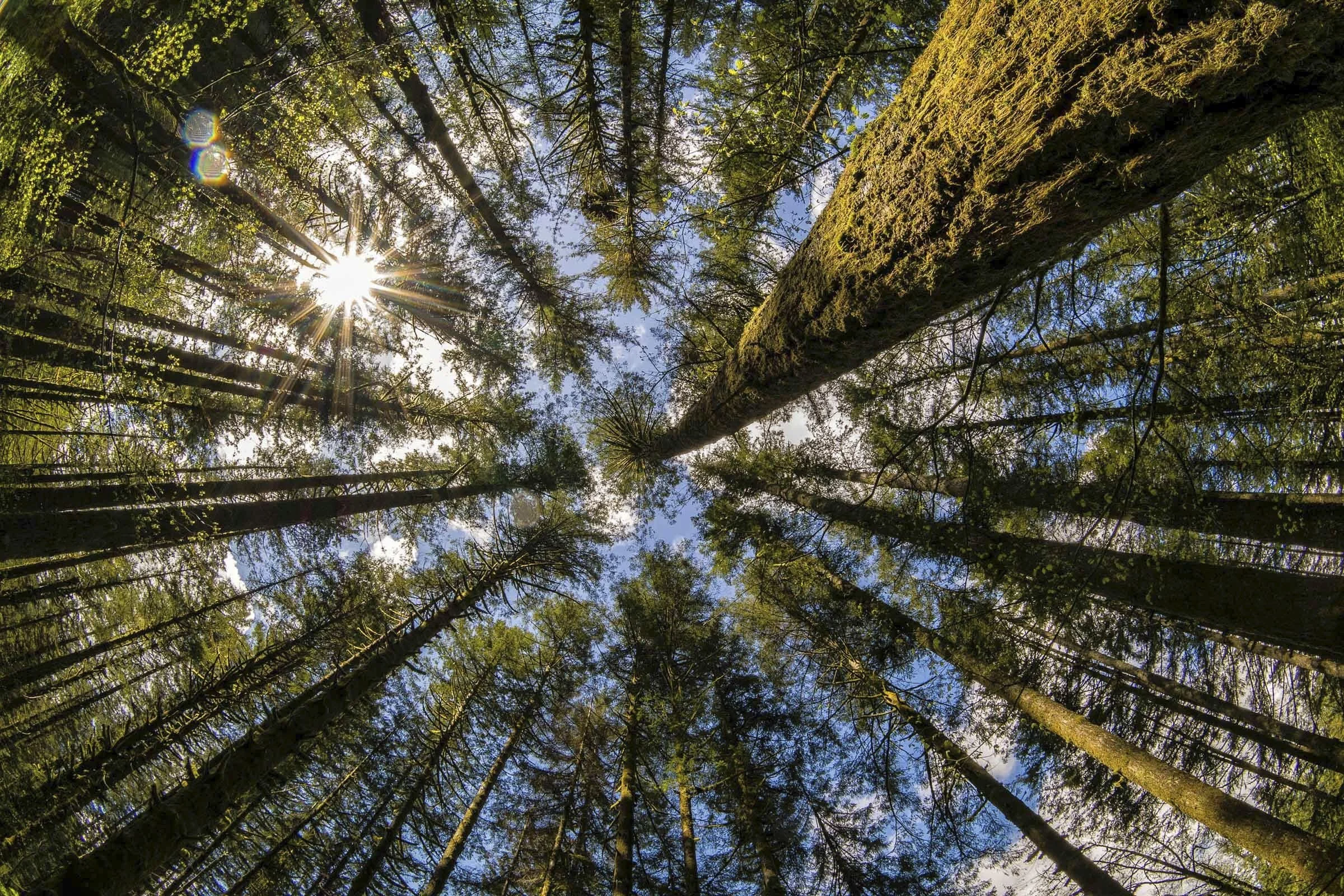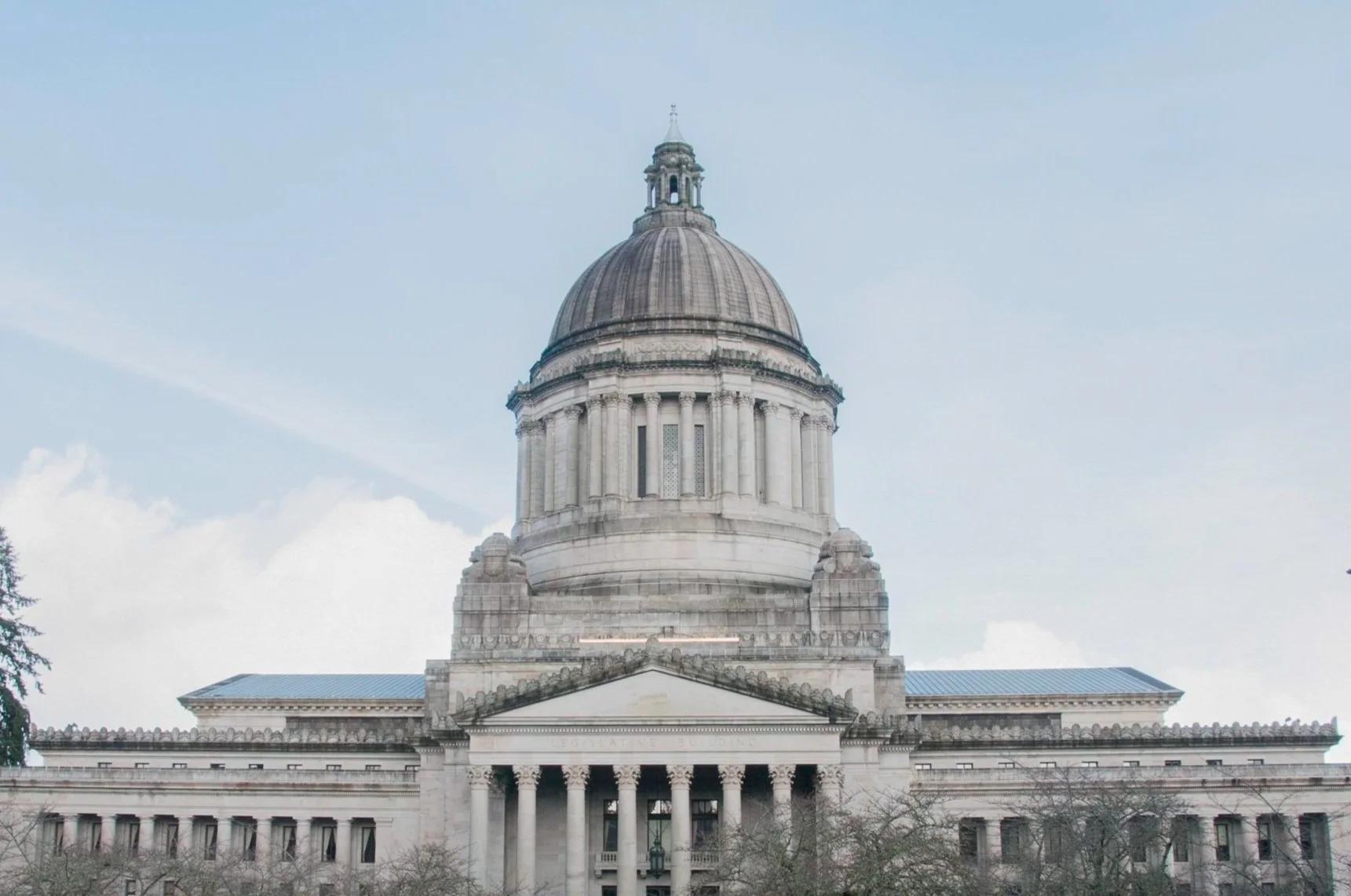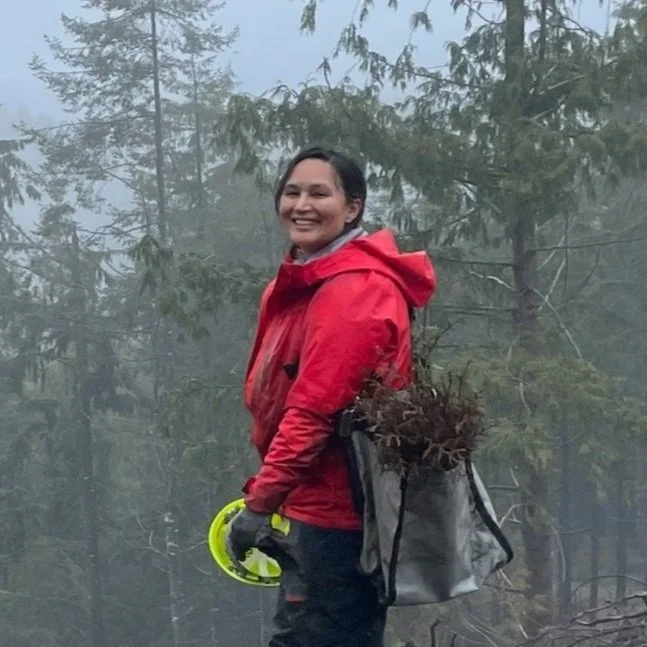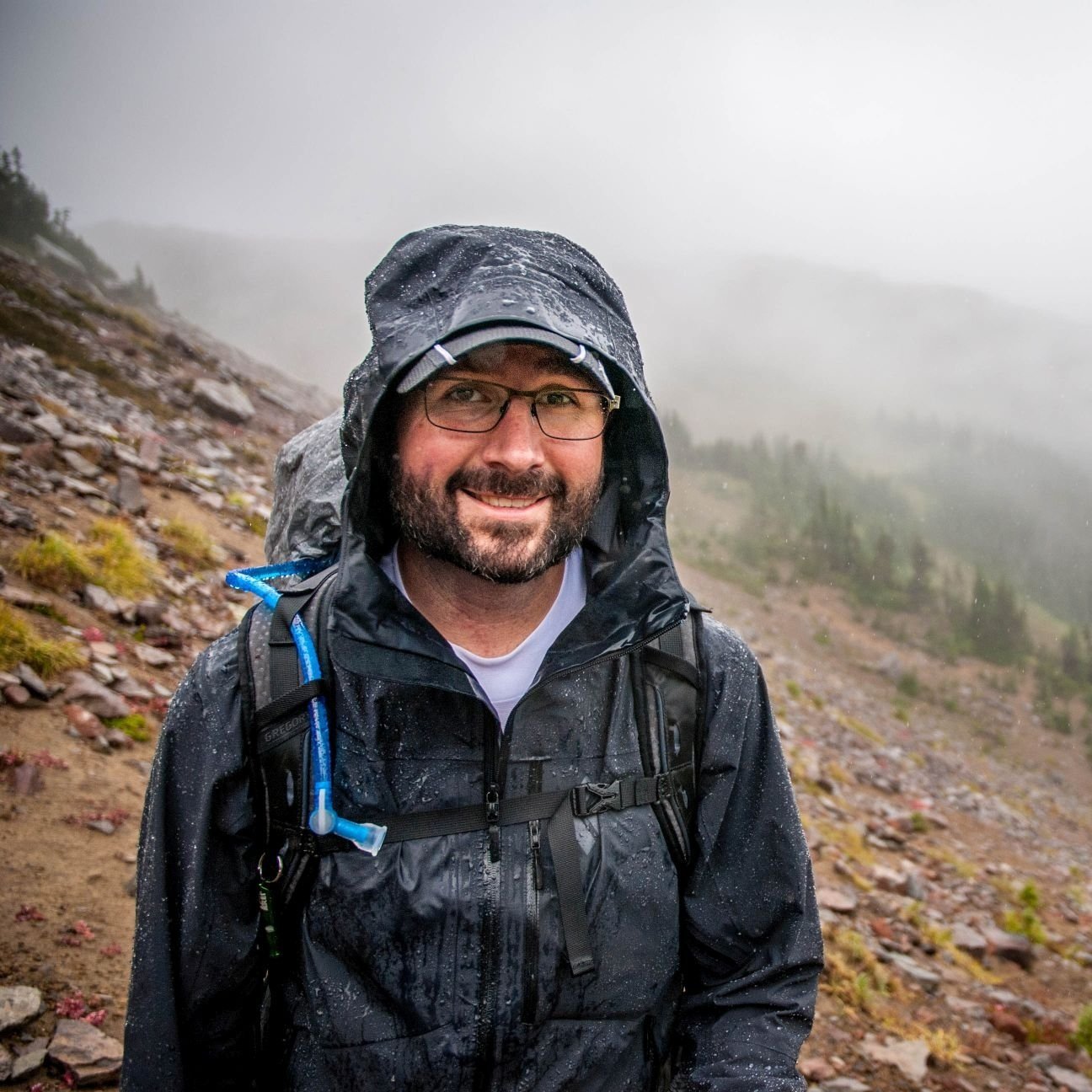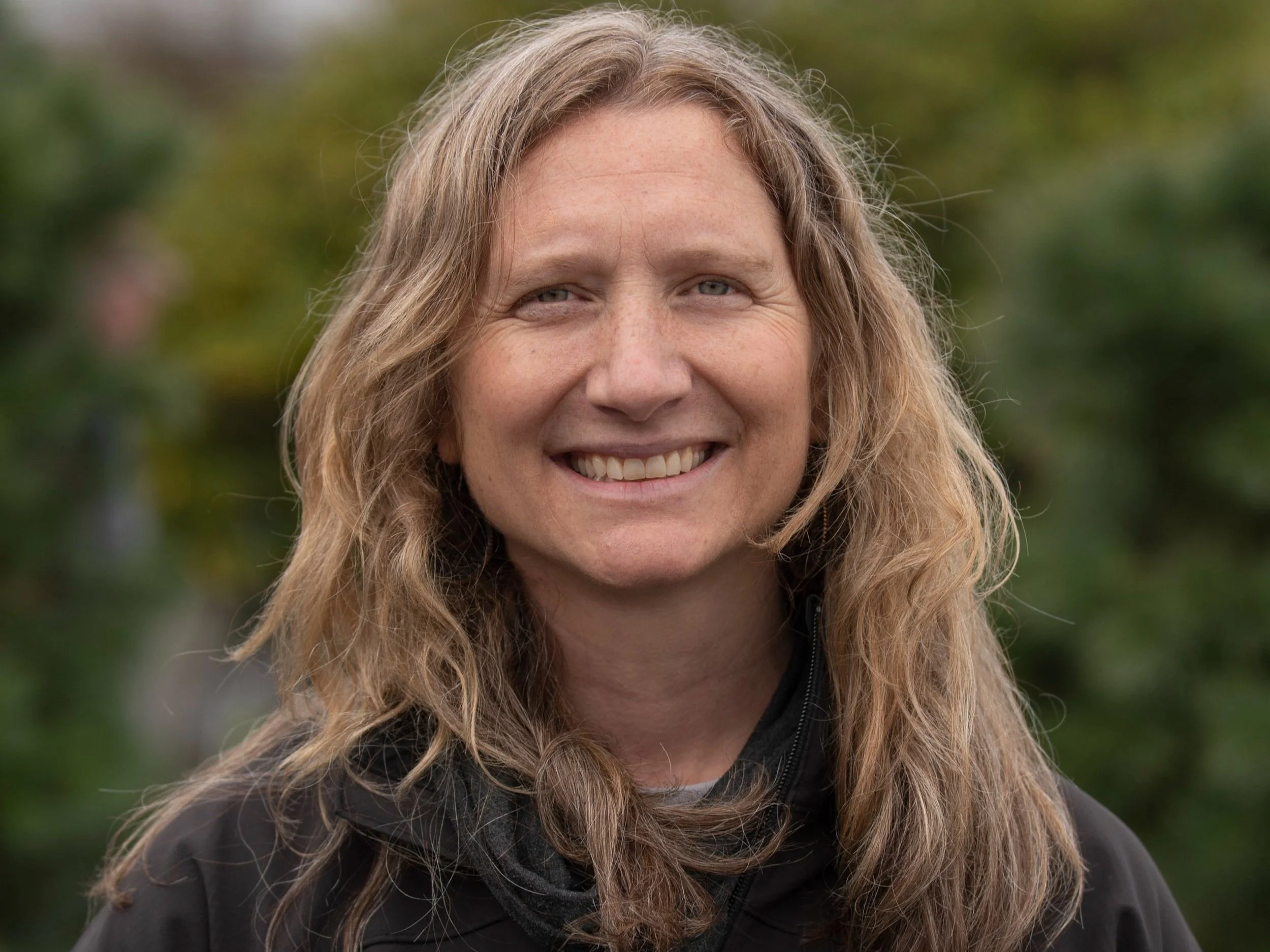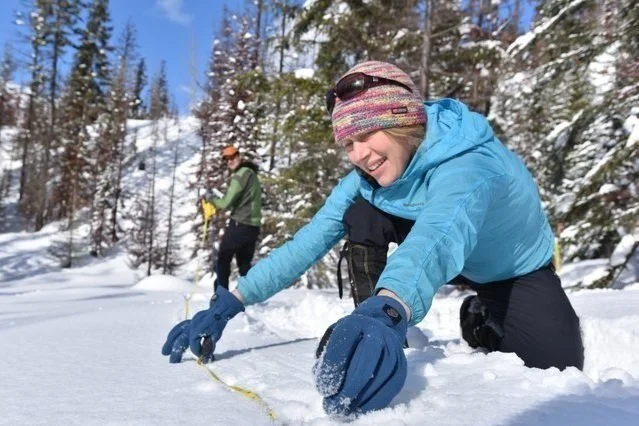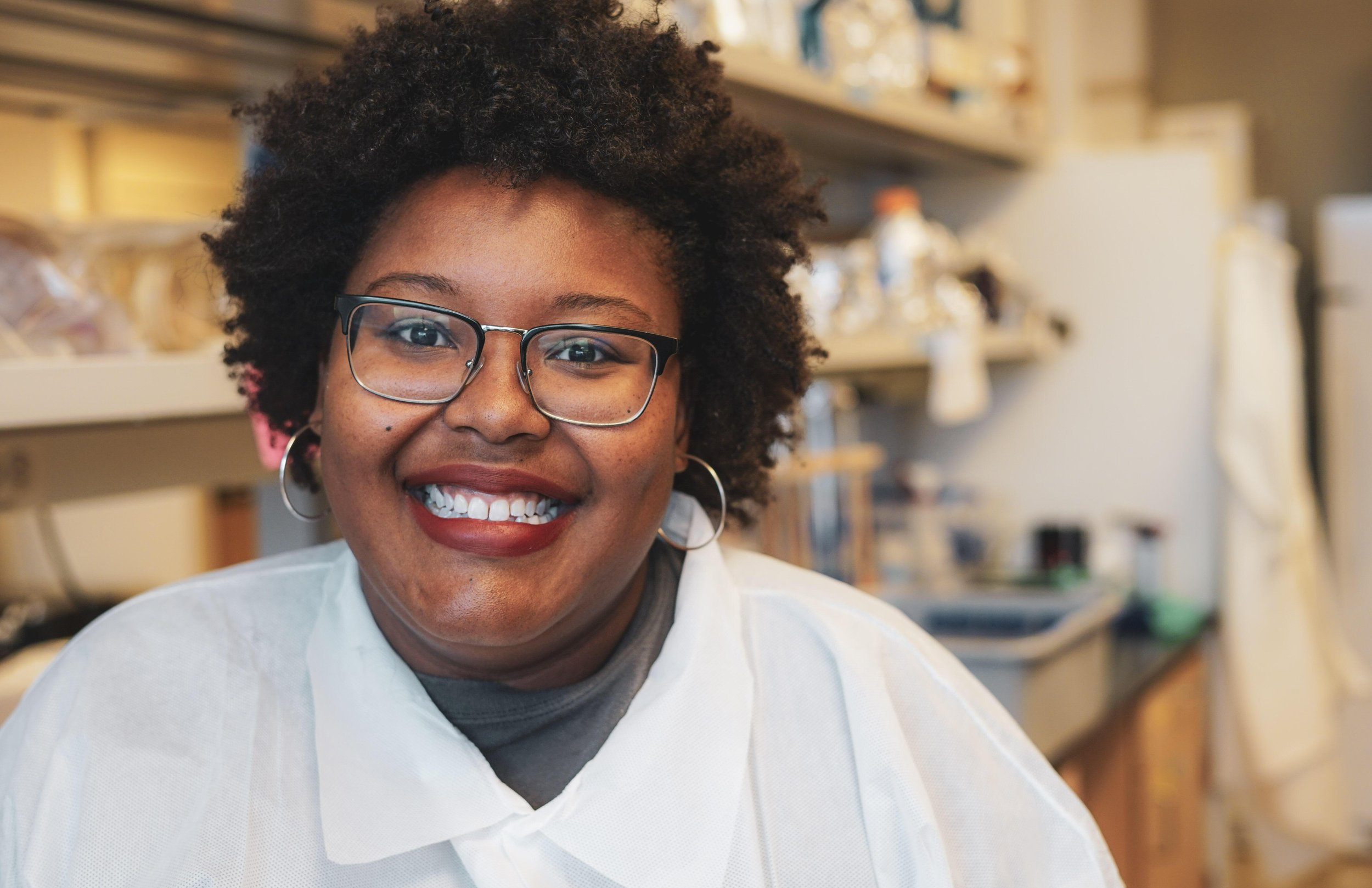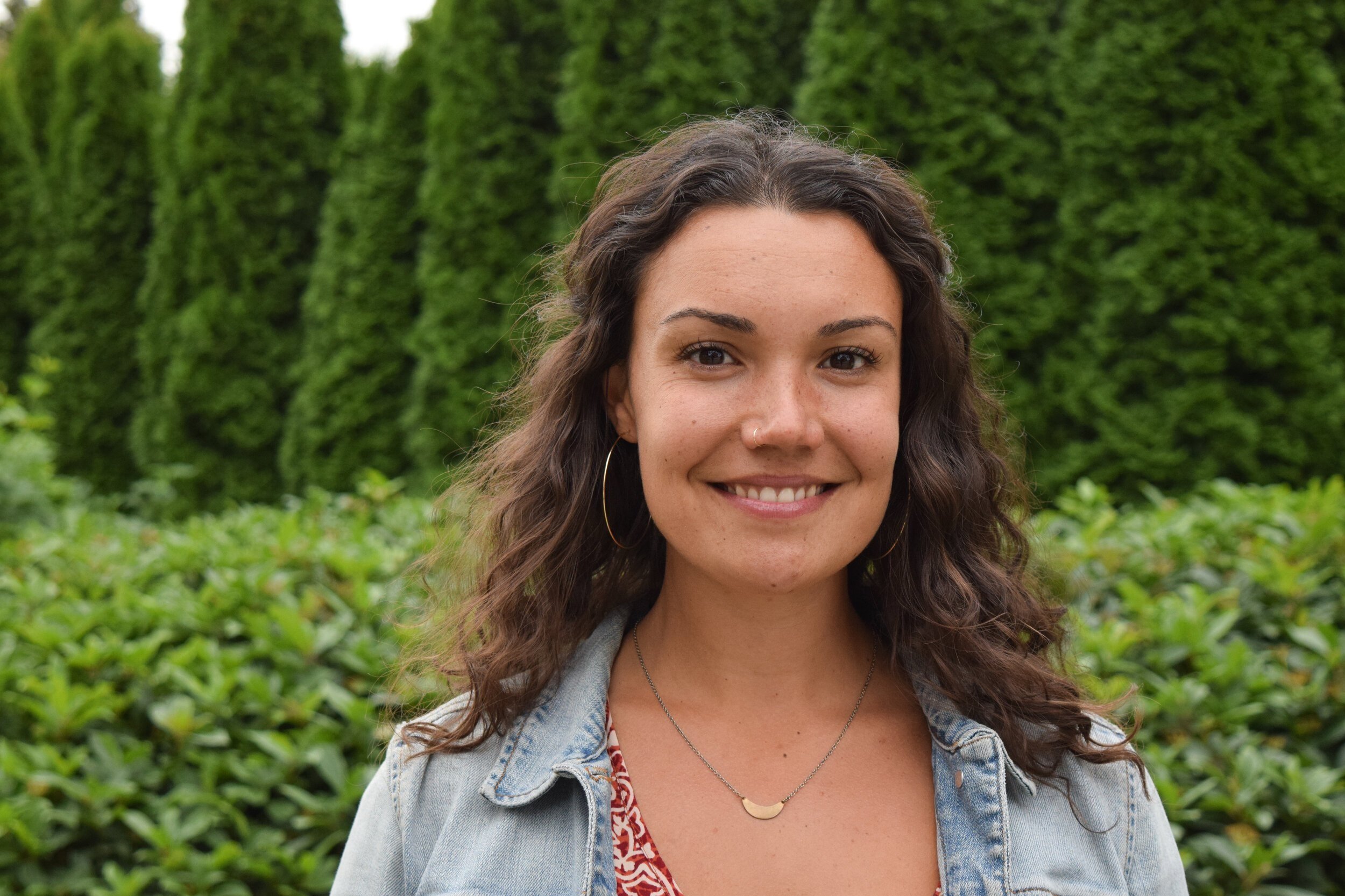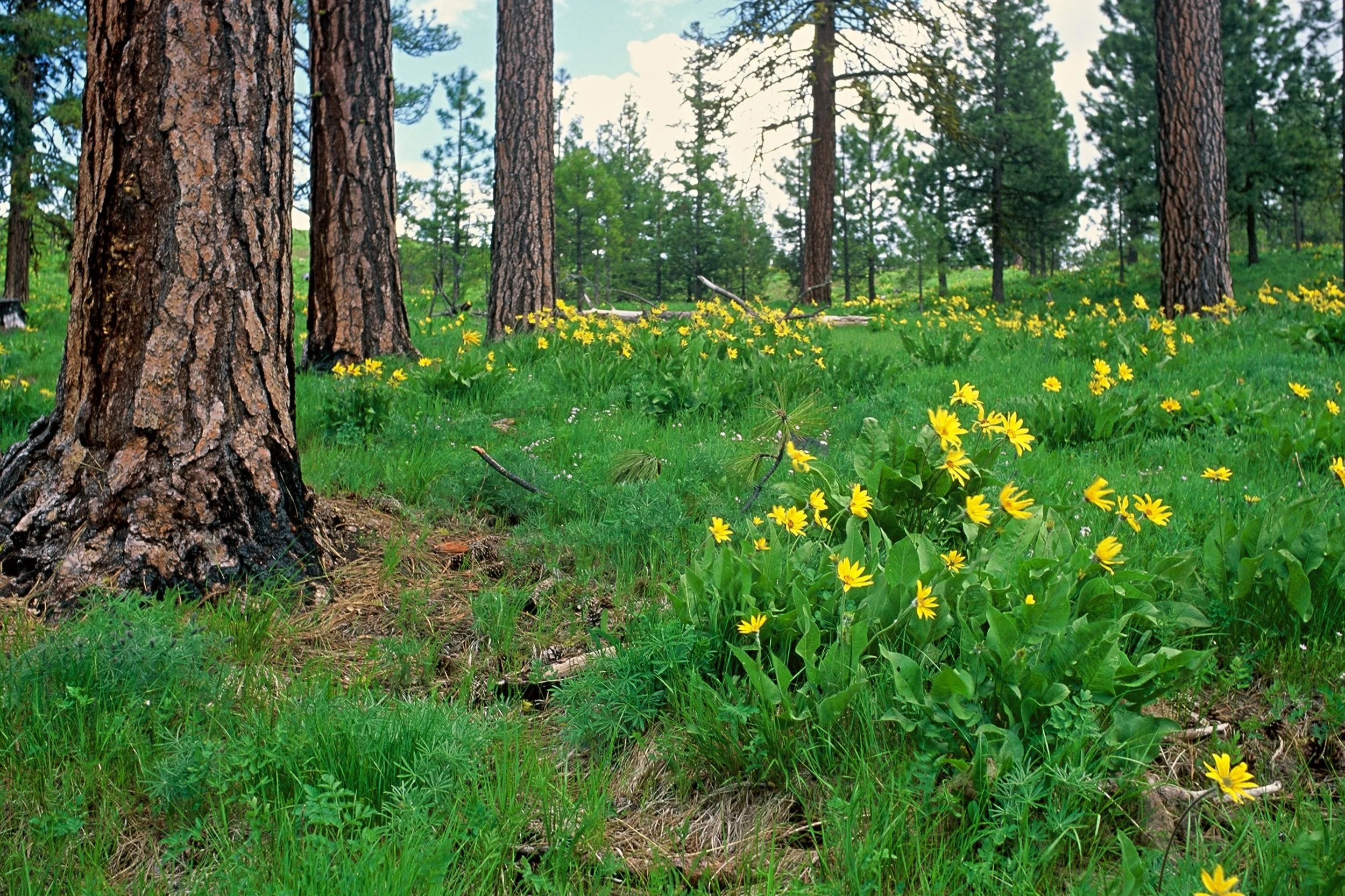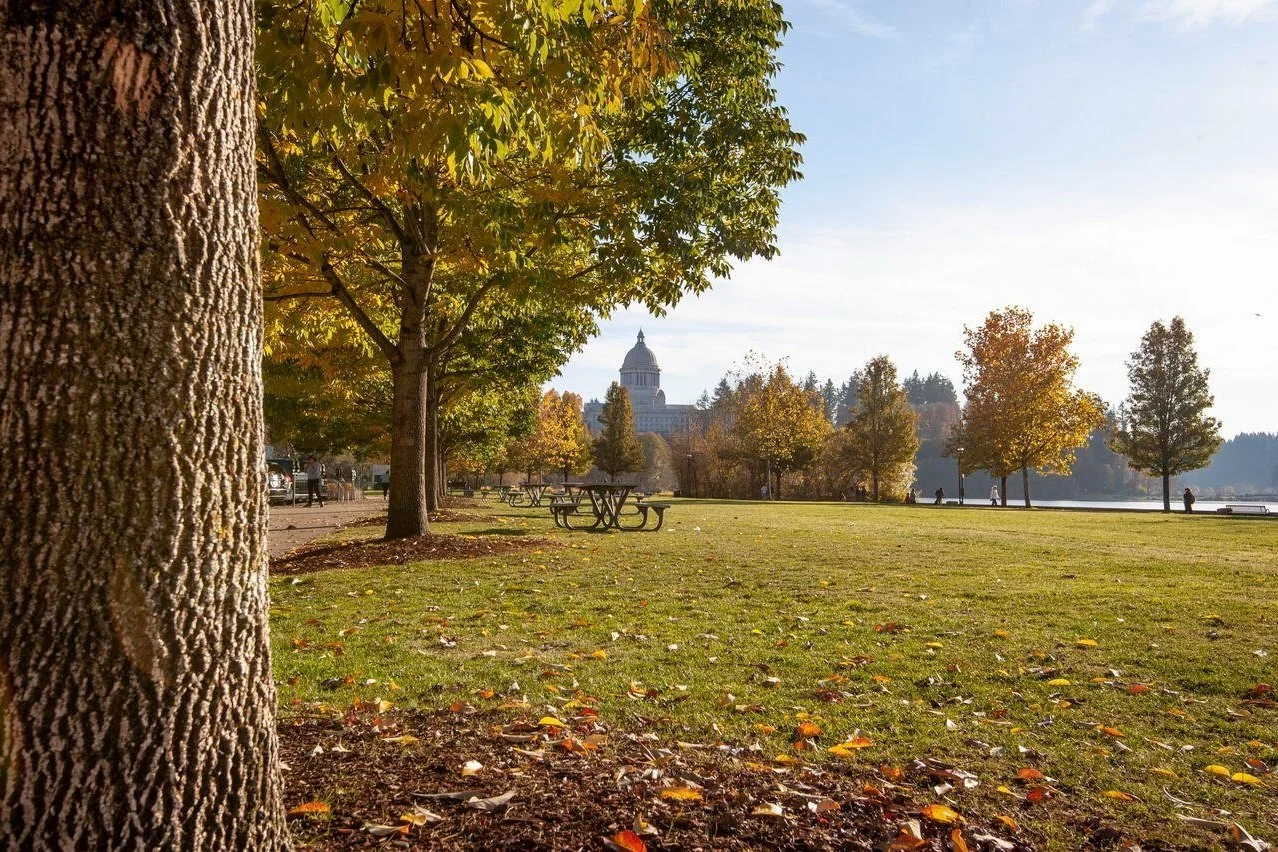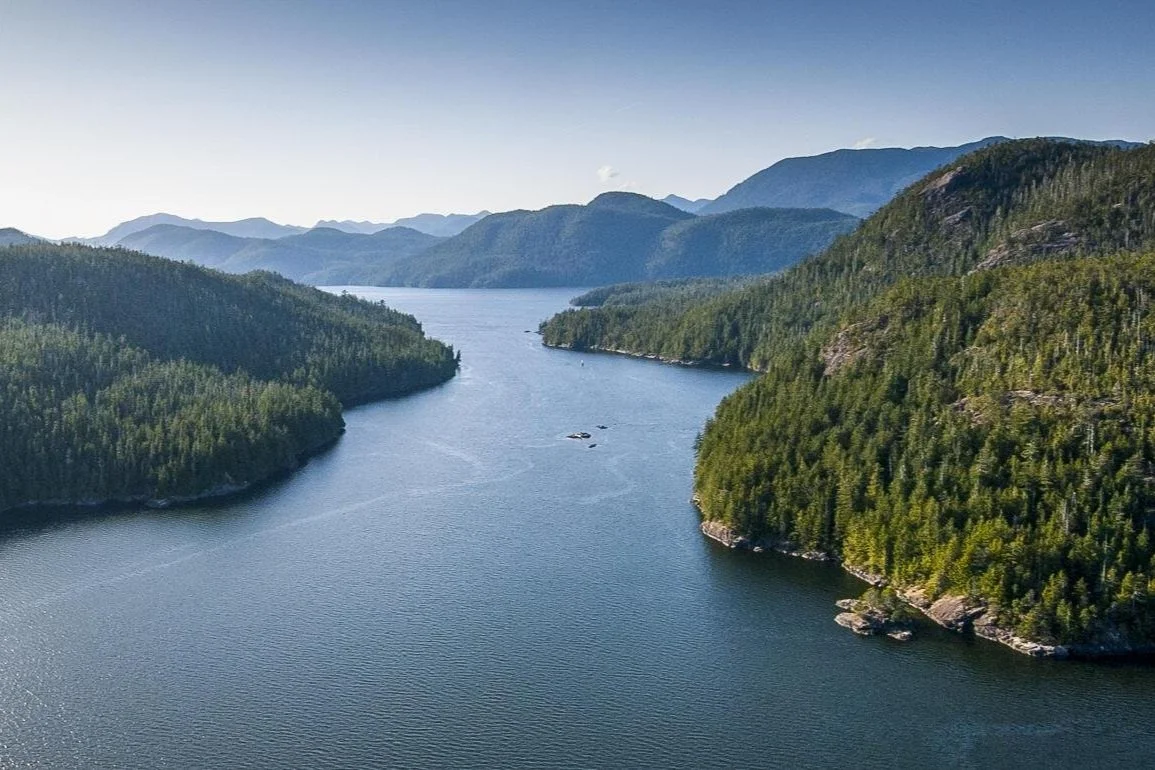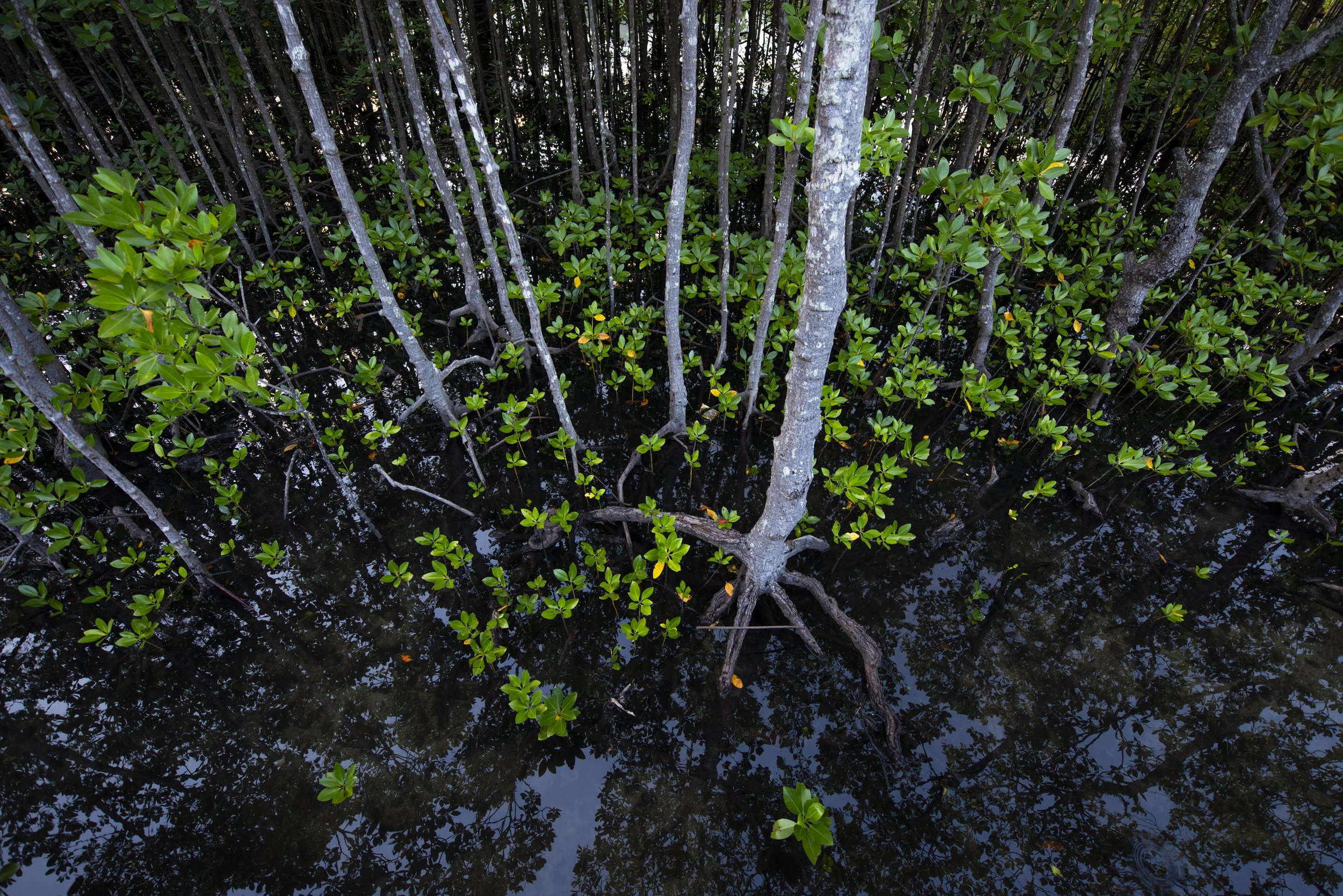We Must Act Collectively
From heat waves to forest fires to flooding to drought, we are already experiencing the climate crisis here in Washington. It is imperative that we move collectively, proactively, and equitably to mitigate more change, while also adapting our communities for a rapidly changing world.
Climate change is a complex problem with no singular solution—it requires creativity, out-of-the-box thinking, silo-busting, and effort that meets the level of the crisis before us.
The climate crisis is exacerbating disparities within our communities and is impacting already fragile ecosystems. The scope of the crisis requires all hands on deck, and we must act collectively.
Our Climate Goals
...and we aim to achieve these goals by:
• Identifying our niche and tailoring our approaches to have the greatest impact
• Building capacity by using our positionality, access to resources, and influence
• Integrating climate and equity throughout our programs and approaches to our work
Our climate goals aim to...
• Significantly reduce greenhouse gas emissions (GHGs) as quickly and equitably as possible
• Increase resilience of our ecosystems and communities
• Prioritize equity and those that are disproportionately impacted
Climate action cannot fall into in either/or choices, such as mitigation or adaptation, quick action or equitable action. We can and must do both.
How We’re Engaging in Climate Action
Science is helping us better understand and respond to the climate crisis, including how the lands and waters of our region are changing and how communities can respond.
From forests to mountains, coast to fields, cities to rural towns, our work and programs span the state and beyond, working to support ecosystems and communities.
Policy & Advocacy
Building off our involvement with WA Initiative1631, we've been actively advocating for climate-centered policy, and are committed to supporting equitable climate policymaking strategies and priorities going forward.
Coalitions & Partnerships
Collective action is critical to addressing the climate crisis, and we won’t be able to achieve our goals without collaborative partnerships or coalitions.
Approaches
When it comes to how we approach climate action, we’re focusing on three areas—mitigation (the interruption or reduction of climate change-driving factors), adaptation (helping ecosystems and communities plan ahead and change), and community resilience (working with communities to support them in a changing climate).
ADAPTATION
The climate crisis is already here, meaning we must help ecosystems and communities adapt to the changing climate. We’re currently evolving our LAND MANAGEMENT PRACTICES and planning ahead for a changing climate.
Mitigation
NATURAL CLIMATE SOLUTIONS (NCS) harness nature’s power to breathe, filter and store carbon dioxide. Here in Washington, our own science has helped identify how NCS can be leveraged across the state to support net-zero goals.
COMMUNITY RESILIENCE
By working with communities to understand their needs and the threats that climate change poses for them, we seek to help them better prepare for, withstand, and rebound from climate-related events. Recent resilience-focused projects include PRESCRIBED FIRE (TREX), support of GREENING RESEARCH IN TACOMA, and FLOODPLAINS BY DESIGN.
Our Climate Program Leads
Jamie Stroble
Climate Program Director
Keith Chaffee-Ellis
Climate Communications
Collective Whole
We are a matrixed team that works across our science, policy, conservation, and operations teams.
Women in Climate Science
Ailene Ettinger, Ph.D.
As a quantitative ecologist, Dr. Ettinger’s climate change research uses data and models to understand the species, communities, and ecosystems around us, how they are affected by climate change, and conservation actions we can take to bolster their resilience.
Emily Howe, Ph.D.
An aquatic ecologist with TNC’s cities, land and water programs, Dr. Emily Howe is researching climate adaptation strategies for local forest and watershed management, specifically how tree canopy density affects snowpack depth and spring melt-timing. This has implications for regional water supply and salmon health.
Tiara Moore, Ph.D.
Dr. Tiara Moore has a background in marine science, specializing in using environmental DNA (eDNA) to better understand whole ecosystems. She is the founder and CEO of Black in Marine Science (BIMS), and is also an employee of TNC in Washington as the Black in Marine Science Program Lead, working to change the game, change the face(s) of conservation, and steward a new partnership between the two organizations.
Maia Murphy-Williams, M.S.
Maia Murphy-Williams is the Science Program Specialist at TNC in Washington, where she supports TNC’s portfolio of science projects through ecological research, fieldwork, communications, and partnerships. She’s also heavily involved in the GRIT tree project.
More Ways We’re Engaging in Climate Action
Natural Climate Solutions
As one of many strategies to tackle the climate crisis, Natural Climate Solutions (NCS) harness the capacity of forests, wetlands and farmlands to combat climate change.
State Legislation
Each year, we identify opportunities to support climate legislation for both people and nature across Washington. Recent opportunities have led to notable legislative accomplishments.
TNC’s Global Climate Action
What we do between now and 2030 will determine whether we can slow warming enough to avoid climate change's worst impacts. See how we’re tackling climate change at a global scale.
Photo credits: banner photo, NASA’s Earth Observatory; illustration, Erica Sloniker; trees photo, Wasim Muklashy TNC Photo Contest 2019; Washington Capitol photo, Hannah Letinich; coalitions & partnerships icon, Scheme by 23 icons from NounProject.com; J. Stroble photo, Tiffany Choe; K. Chaffee-Ellis photo, M. Wood; icon, Group by mikicon from NounProject.com; Dr. Ettinger photo, Hannah Letinich; Dr. Howe photo, Hannah Letinich; Dr. Moore photo, Courtney Baxter / TNC; photo,; NCS photo, Peter Dunwiddie / TNC; Olympia’s downtown photo, Carolyn Skye; Emerald Edge photo, Bryan Evans; mangroves in Seychelles photo, Roshni Lodhia.

